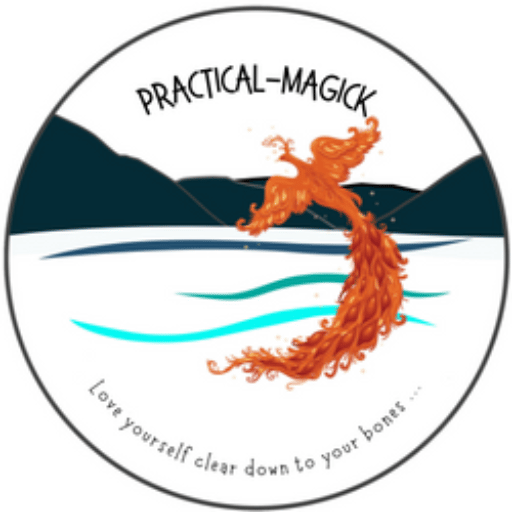
How Watching News Affects Your Health
Are You a News Watcher? You Might Be Damaging Your Health
If you regularly watch the news, it’s time to reconsider the impact it’s having on your emotional and mental health. We’re all tempted to tune in when major events are unfolding, but the truth is, consuming constant news can harm our well-being. Numerous studies, like this one, have shown how it can negatively affect our mental state.
Now, I’m not suggesting you bury your head in the sand like an ostrich, ignoring everything around you. (Although this isn’t a bad choice as long as its a temporary measure!)

What can you do instead?
You can stay informed and make a difference without compromising your emotional health. Let’s talk about how you can create a mindful, emotional diet for mental health that doesn’t leave you feeling drained or overwhelmed. Here are four tips to help you navigate the chaos:
1) Limit Your News Consumption:
Skim through headlines once a day—preferably in a newspaper or online. If you’re a news junkie, try limiting it to twice a day. Avoid checking the news obsessively, especially when it’s overwhelming.
2) Choose One Story and Take Action:
Pick a story that resonates deeply with you. Spend a few moments researching simple actions you can take to help. Feeling like you can make a difference will boost your sense of agency and calm your emotions.
3) Use the Inner Sanctuary Tool:
Before and after engaging with the news, practice the Inner Sanctuary Tool. This will help you calm your nervous system and center your heart. Ask your Wise Self (or pray if that’s your thing) for guidance on one concrete action you can take to either have impact or find peace in the midst of chaos.
4) Build a Playlist of Joy:
Create a playlist of songs that lift your spirits. It’s okay if they’re sad songs that bring you comfort—sometimes music can be the healing balm our souls need.
Think of Your Emotions as Your “Emotional Diet”
I want you to start thinking about your emotions as your “emotional diet.”
“What is an emotional diet?” you might ask. Good question. Just as we consider the impact of what we eat on our physical health, we need to consider how our emotional intake affects our overall well-being. What you choose to “consume” emotionally has as much (if not more) influence on your health as what you eat. Here’s just one study that confirms it.
Though the term “emotional diet” isn’t quite mainstream, we’re moving in the right direction. The conversation around mental health is gaining momentum, with leaders like Simone Biles and Brené Brown opening the door to healthier emotional practices. Global conversations on well-being and the focus on mental health are growing stronger, with more people recognizing the importance of emotional balance in daily life.
What’s YOUR Emotional Diet?
In today’s world, it’s more important than ever to be mindful of what we’re feeding ourselves emotionally. The constant barrage of news, political shifts, and social media pressure can leave us feeling angry, sad, anxious, or burned out. These emotional states leave us in an incoherent state, meaning our bodies and minds aren’t functioning at their best.
Common signs of incoherence include difficulty concentrating, racing thoughts, heart palpitations, or fidgeting. Sound familiar?
The good news is that you can choose your emotional response. When you start thinking of your emotions as part of your emotional diet for mental health, you can make choices that support a healthier mindset and help you feel more balanced.
A Simple Action: Choose What You Consume
If you know watching the news triggers your nervous system, you have permission to simply walk away. Whether it’s leaving the room when your partner is tuned into the latest crisis or muting a news alert, you get to decide what you consume emotionally.
[My own partner is a news junkie, so I’ve become quite skilled at stepping away when the stories start to wear on my peace.]
Ready to Create Your Own Soul Care Routine?
If you’re ready to take charge of your emotional diet and start cultivating a healthier, more balanced state of being, I’ve got something for you.
Download my Soul Care Checklist to get started on building a routine that nourishes your mind, body, and soul. It’s packed with practical tips and tools that will help you thrive—no matter what the world throws your way.
Take action today and start prioritizing your well-being. You deserve it!


